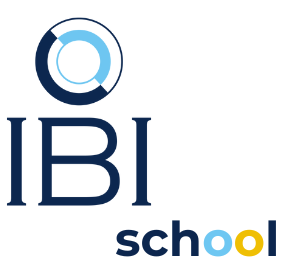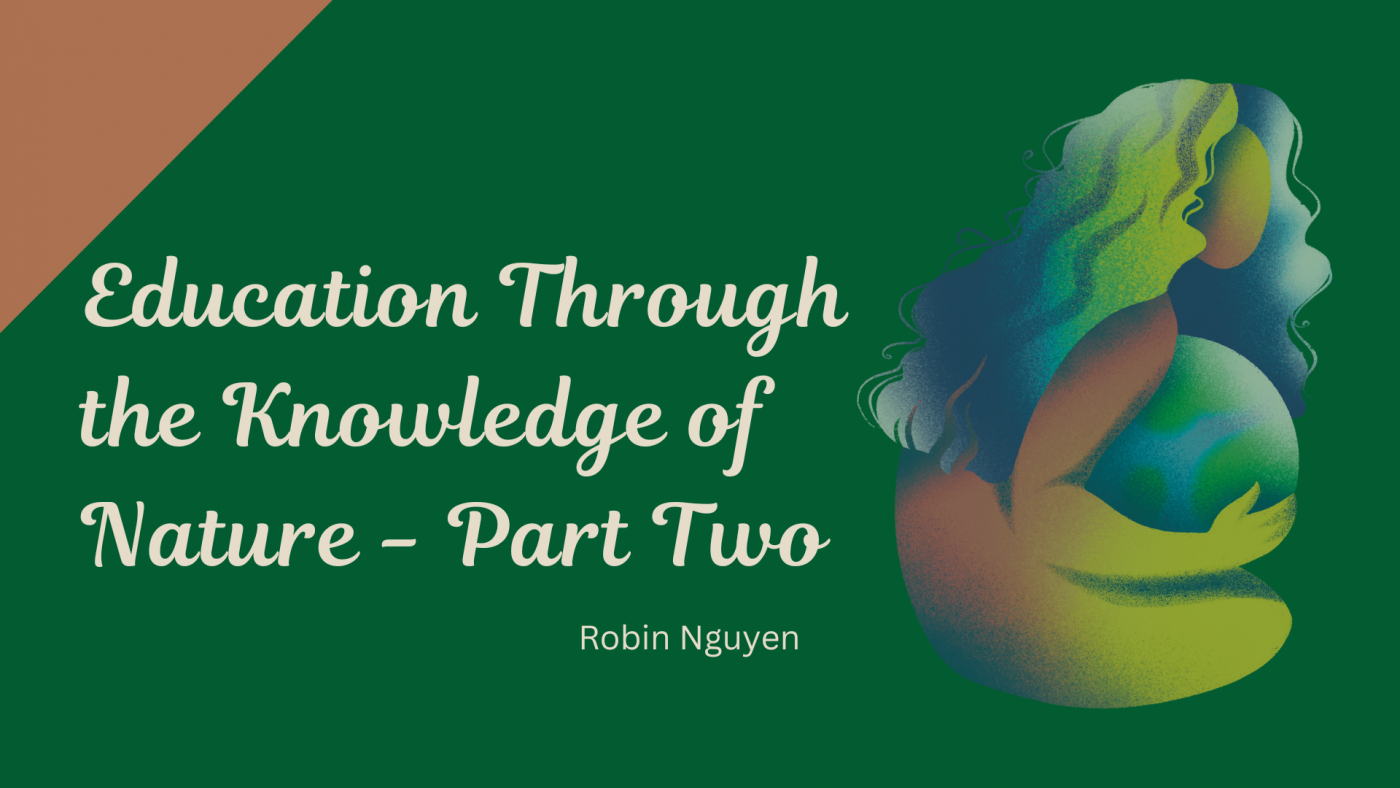Education Through the Knowledge of Nature
“One of the biggest issues today is our disconnect from nature—a trend that alarmingly extends even to younger generations.” Robin Nguyen
As an experienced educator, I am writing a series of articles titled “Education Through the Knowledge of Nature”. Through this endeavor, I aim to broaden perspectives and encourage individuals to rediscover the profound value of education alongside the love and wisdom that Mother Nature imparts.
Part Two: When Parental Worries and Bias Project Their Own Experiences and Emotions onto Their Children
Although every parent declares that they love their children and acts accordingly, many inadvertently impose their own ambitions on them rather than honoring the child’s true desires. For example, some parents enroll their children in extra classes they dislike, force them to eat excessive amounts of food out of fear they won’t grow, and restrict outdoor play because they worry about exposure to the sun. They also compare their children to friends or neighbors, driven by a need to maintain a positive image, and sometimes pressure them to excel in subjects like math because that was their own strength—even if the child shows a natural inclination toward creative pursuits like drawing.
All these expectations and concerns create an atmosphere of intense pressure, which often leaves both the parent and the child unhappy. Over time, the home becomes a setting where negative emotions are the norm, and many children grow up feeling unfulfilled. What should be a period of joyful exploration turns into a time of persistent stress and unmet aspirations.
In contrast, some parents choose a “let it be” philosophy, believing that a hands-off approach will allow their children to develop naturally. However, this lack of guidance can also impede development since children often need support and direction at each stage of their growth. Parents are, after all, among the most influential teachers in a child’s life.
Furthermore, many parents raise their children through the lens of their own ego and illusions, constantly viewing them as perfect. This perspective prevents them from recognizing or addressing their child’s weaknesses, which can hinder proper personal and social development. As a result, children nurtured under these conditions may struggle with behavioral challenges and fall short of their true potential.
How might a balanced approach between gentle guidance and supportive freedom be achieved in parenting? What are the long-term impacts of these contrasting philosophies on a child’s sense of self and emotional wellbeing?
Author: Robin Nguyen


